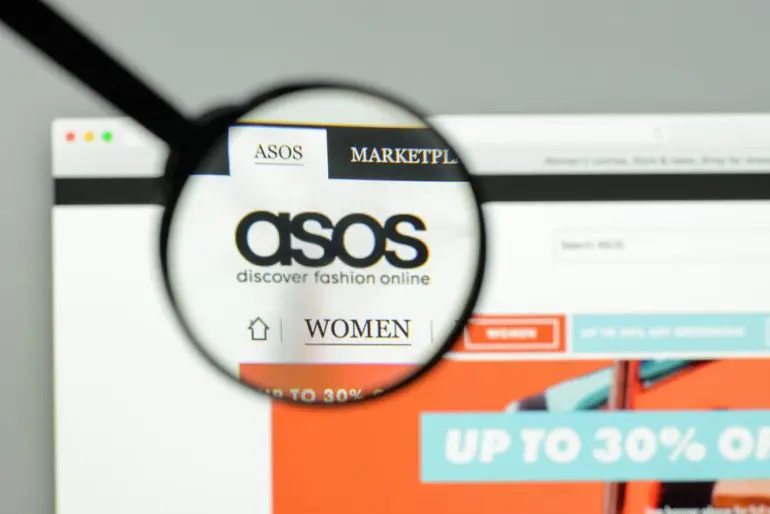A former darling of online retail has demanded a discount from all its suppliers a month after issuing a shock profit warning.
, which was founded in 2000, has been regarded as a trailblazer for fast fashion because of its focus on young, smartphone-savvy shoppers and swift service, which helped it to steam ahead of bricks-and-mortar rivals. However, it has warned about its profits twice in the past year.
Last month the company spooked investors by announcing that glitches at its overseas warehouses, where it stocks clothes for American and European customers, would hamper its sales growth and knock profits even further.
Now it has written to its suppliers to ask for a 3 per cent discount on all stock that it receives after September 1. Asos said that the “necessary change” would “fuel joint growth” for the business and the brands it stocks, according to Drapers, the trade magazine.
Nick Bubb, an independent retail expert, said that the move was disturbing because “this is the sort of shabby behaviour that you normally only see from troubled companies, like Arcadia or Debenhams”. A source close to the company said that it was typical in the industry.
The discount demand is one of the first moves of Mathew Dunn, 44, Asos’s finance chief, who joined in April more than a year after his predecessor, Helen Ashton, 47, left abruptly.
Asos has cited the investments it has made in pursuing global growth as the reason for its request to suppliers. “We have recently reviewed the current status of our supplier arrangements, also taking into account the significant investments we have made over the last few years and will continue to make, to lay the foundations for future growth,” Asos’s letter to its suppliers said.
The company has ploughed £110 million into its warehouse in Barnsley, South Yorkshire, about £130 million into its hub in Berlin and the bill for its site in Atlanta is expected to reach $110 million.
Nick Beighton, 51, Asos’s chief executive, blamed the latest profit warning on the challenge of turning the British business into a global player. “Scale can be painful,” he said.
Last year Sir Philip Green’s Arcadia demanded a 2 per cent discount from its suppliers on all existing and future orders for its Topshop, Dorothy Perkins, Miss Selfridge and Burton brands. Arcadia justified the request by saying that the business had absorbed significant costs, but a year later it asked suppliers to back its restructuring plan to cut its rent bill.
Mike Cherry, chairman of the Federation of Small Businesses, said: “Large businesses that suddenly approach their small suppliers for discounts are trying to improve their cashflow at the expense of small business. In the past this cash squeeze was normally a warning sign for future performance and suppliers should think very carefully about the offer.
“Whatever the future holds for Asos as it finds a sustainable path for the business, this should be in partnership with a supply chain that they pay on time — not asking for discounts.”


